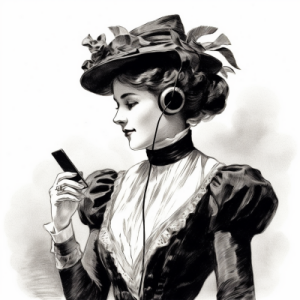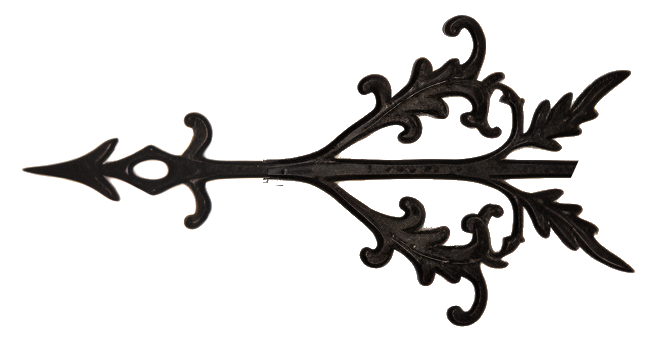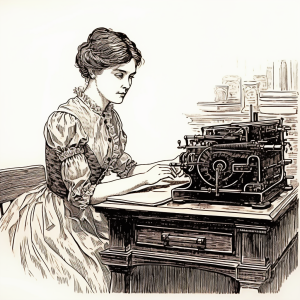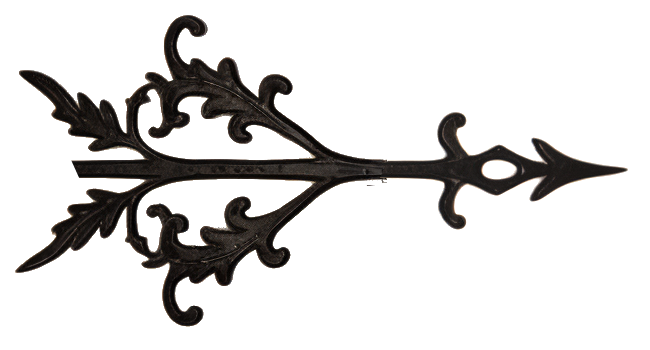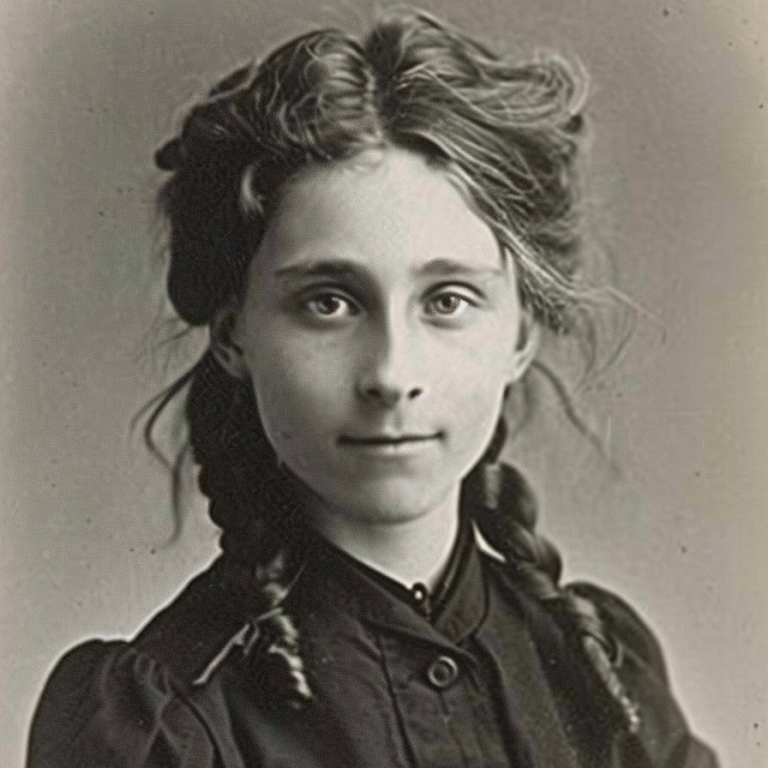CHAPTER II.
OFFERS OF MARRIAGE.
ALTHOUGH I had intended that my advertisement should appeal to lady chaperons only, I
received some rather flattering offers from members of the opposite sex. One of the most interesting of the letters was from a gentleman matrimonially inclined. Here it is word for word :—
“Will the young American lady who has just put an advertisement in the paper relative to her desire to meet an English chaperon of high social position, allow the writer of this letter to address a few lines to her and, as Americans are always candid and outspoken, permit me to be the same? May I ask you to consider over what I write, and perhaps your advertisement may be the means of working out our mutual good.
” Possibly you may desire to enter London society with the idea of what is called ‘settling’ yourself. You may be more or less alone in England; and perhaps you like this country, its society, and customs. You would possibly desire to marry an Englishman of high social position, who could place you in a certain circle where you would lead others. I am a man who holds a first-rate position. I am a country gentlemen, have a fine place, house, and estate, have been an officer in a distinguished regiment, and know many people of position and rank. I am just at present in London ; and if you think it would be worth your trouble to at least talk the matter over, I would treat you with all honour and respect. This would, of course, include silence.
“On the other hand, it would be an absolute necessity that you should be a lady of considerable fortune ; and when I mention this, I trust that you will not judge me until you know my reasons for thus putting it. Whatever fortune you have would be always your own.
“If you think well of what I have written you, I would be most happy to meet you at whatever time you may appoint, at your own residence or elsewhere. Then judge me and see what manner of man I am.”
This communication bore the stamp of a well known West-End Club. In my answer I hinted that, although I had not advertised for a husband, I was not adverse to considering the matter to which he had so delicately alluded. Having a desire to follow up the affair, I engaged a room at a certain fashionable hotel for a day, and made an appointment for the gentleman to call. On the afternoon appointed I awaited him in the drawing-room of the hotel. I wore a stylish-looking costume, various pieces of showy jewellery, and a pair of diamond ear-rings, thinking to impress my would-be husband with a sense of my wealth.
At four o’clock in the afternoon my suitor made his appearance. He was a fine-looking
aristocratic man of middle age. His manners were refined and elegant, and I could not help thinking that I was dealing with neither a fool nor a knave, but with a thorough English gentlemen. We had half an hour’s chat, in which my social aspirations were discussed in the most business-like manner. I did not give my real name, neither did my companion tell me his own. I addressed him by the assumed name he had signed in his letter. He informed me that he was a widower of excellent position, but that he was somewhat financially embarrassed. He wished to marry a lady of wealth, and for the use of her money he was willing to give her his name and a good social position.
Afterwards I made some investigations in regard to the man; and to my surprise I found that he was exactly what he represented himself to be : a country gentleman of titled family, who was anxious to recuperate his decaying fortunes by marrying an heiress—an American girl preferred. I discovered his real name and address, and since my interview with him I have often seen his name mentioned in the society columns of the papers.
He is still unmarried, and I suppose is still looking for a wife. So here is an opportunity for one of our American heiresses to purchase not only an introduction at Court but a husband with mortgaged estates in the bargain.
All the men who wrote seemed to hold the opinion that, as a rich American girl, my chief desire must be to capture an English husband. Not every one was so outspoken as the writer of the epistle I have just quoted ; but their letters contained either direct or indirect proposals of marriage, provided that, after a meeting, I proved to be personally and financially acceptable.
From one of the scions of the nobility came the following missive, penned on violet-scented paper:—
” Mr. X. presents his compliments to ‘ Heiress,’ who advertised this morning for a chaperon, and begs to say that he would feel honoured by a reply to this letter. Mr. X. is the third son of the late ——, of whom the young lady has doubtless heard. lie is twenty-nine years old, of good appearance, and has served as an officer in the army. Mr. X. would much like to arrange for a meeting with the young lady, to whom he would show every courtesy, and might be able to suggest a way by which she could even more than gratify her ambition for a place in English society. He would be also pleased to give her the best references in regard to his character as well as his high social standing. A letter from ‘Heiress’ would be treated in all confidence by Mr. X.”
I had no need to investigate into the genuineness of the foregoing. I happened to have seen Mr. X.’s handwriting before. In fact, he had once been presented to me at the home of a mutual acquaintance. I did not answer his letter, but consigned it to the embers of my study fire.
On paper of the finest quality, ornamented with a family crest of considerable dimensions. Mrs. Twostars presented her compliments and begged to say that she would be happy to entertain the idea of chaperoning the young American lady and give her a delightful, cheerful home. Mrs. T., as well as her four daughters, had been presented at Court. The daughters had all married well, and their proud mother felt no compunction in saying that she thought she could introduce the young American lady to many gentlemen of birth and title, if not of fortune. She moved in excellent society, and was fond of entertaining. Terms for London season and presentation, £500, or 2,500 dols. Mrs. Twostars enclosed her photograph, a portrait of herself in her Drawing-Room gown, which, by the way, had a button off the front. The photograph was returned in the stamped and addressed envelope thoughtfully enclosed. The lady proved to be the daughter of a distinguished baronet, and the wife of a man well known in London society.
Lady So-and-So, of Queen’s Gate, wrote that she would be glad to chaperon me. Terms £600 to £800 sterling, according to arrangements and the advantages required.
The Countess de Blank was also open to an engagement. She was an Englishwoman married to a foreign title.
A certain dowager of exalted rank, well known on two continents, informed me that she would under take my chaperonage, and would hire a furnished house for me near Park Lane ; the rent would be not less than £50 per week during the season. Her own place was in the country, and she had given up her town house. She would devote her whole attention to the management of the establishment, and would introduce me as her young American friend or distant relative, if I desired. Besides the house-rent, I must bear the entire expense of keeping up the place, giving balls, theatre-parties, &c., and the dowager herself would expect the sum of £2,000 for her services. I supposed these figures were not remarkably high for a lady of so much “position,” and, having some curiosity to make her acquaintance, I wrote asking for an appointment to call.
